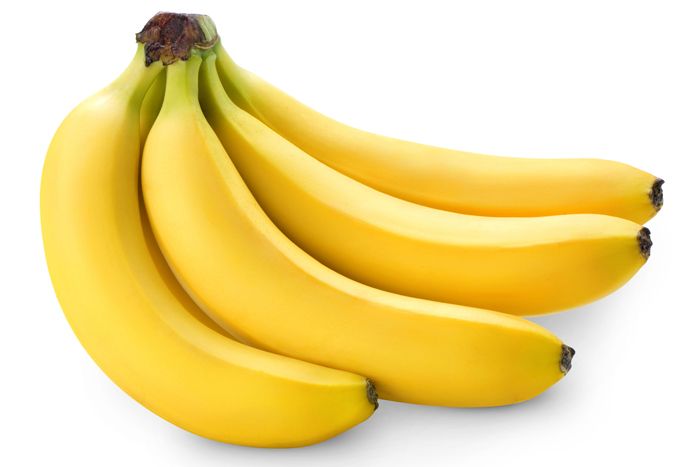Bananas are good for your heart. They are packed with potassium, a mineral electrolyte that keeps electricity flowing throughout your body, which is required to keep your heart beating. Bananas’ high potassium and low sodium content may also help protect your cardiovascular system against high blood pressure, according to the FDA.
A 2017 animal study conducted by researchers at the University of Alabamafound that the potassium in bananas is also linked to arterial effectiveness; the more potassium you have, the less likely your arteries are to harden. In the study, mice with lower-potassium diet had harder arteries than mice consuming a normal amount of potassium. Arterial stiffness in humans is linked to heart disease.
Depression and mood
Bananas can be helpful in overcoming depression “due to high levels of tryptophan, which the body converts to serotonin, the mood-elevating brain neurotransmitter,” Flores said. Plus, vitamin B6 can help you sleep well, and magnesium helps to relax muscles. Additionally, the tryptophan in bananas is well known for its sleep-inducing properties.
Digestion and weight loss
Bananas are high in fiber, which can help keep you regular. One banana can provide nearly 10 percent of your daily fiber requirement. Vitamin B6 can also help protect against Type 2 diabetes and aid in weight loss, according to Flores. In general, bananas are a great weight loss food because they taste sweet and are filling, which helps curb cravings.
Bananas are particularly high in resistant starch, a form of dietary fiber in which researchers have recently become interested. A 2017 review published in Nutrition Bulletin found that the resistant starch in bananas may support gut health and control blood sugar. Resistant starch increases the production of short chain fatty acids in the gut, which are necessary to gut health.
Exercise
For replenishing energy and electrolytes, bananas can be more effective than sports drinks. A 2012 study published in PLOS One looked at male athletes competing in long-distance cycling races. They compared athletes refueling with Gatorade every 15 minutes to athletes refueling with a banana and water. Researchers saw that the athletes’ performance times and body physiology were the same in both cases. But the banana’s serotonin and dopamine improved the athletes’ antioxidant capacity and helped with oxidative stress, improving performance overal
Bones
Bananas may not be overflowing with calcium, but they are still helpful in keeping bones strong. According to a 2009 article in the Journal of Physiology and Biochemistry, bananas contain an abundance of fructooligosaccharides. These are nondigestive carbohydrates that encourage digestive-friendly probiotics and enhance the body’s ability to absorb calcium.
Cancer
Some evidence suggests that moderate consumption of bananas may be protective against kidney cancer. A 2005 Swedish study found that women who ate more than 75 servings of fruits and vegetables cut their risk of kidney cancer by 40 percent, and that bananas were especially effective. Women eating four to six bananas a week halved their risk of developing kidney cancer. Bananas may be helpful in preventing kidney cancer because of their high levels of antioxidant phenolic compounds.
Pregnancy
While not exactly a health benefit, a study published by The Royal Society found that the potassium in bananas is correlated with women giving birth to baby boys. The study looked at 740 women and saw that those who consumed high levels of potassium prior to conception were more likely to have a boy that those who did not.
Bananas may also help prevent gestational diabetes. Lack of sleep during pregnancy can contribute to gestational diabetes, according to a meta-analysispublished in Sleep Medicine Reviews. But the magnesium and tryptophan in bananas can help ensure a good night’s rest.





